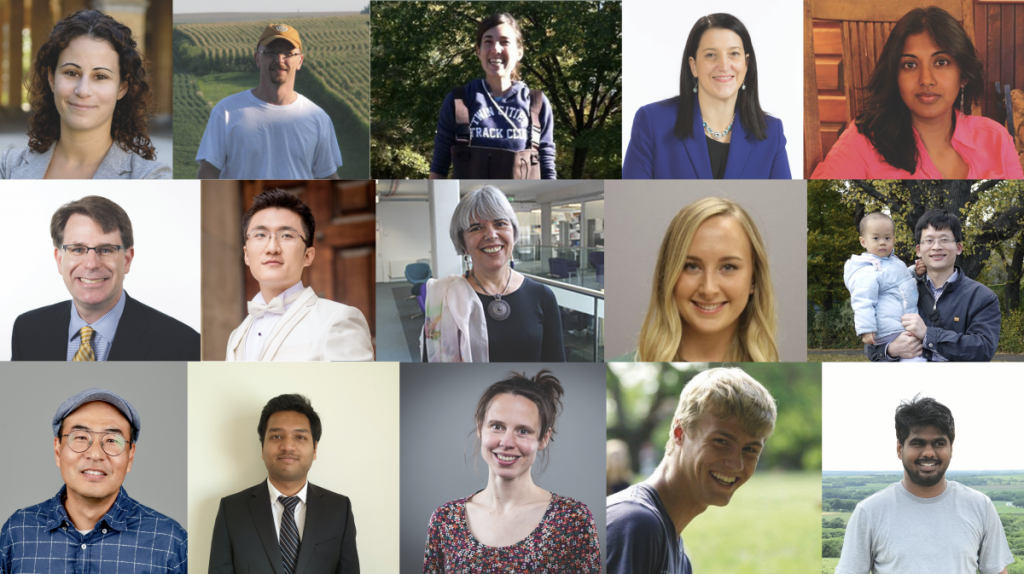Will you be tomorrow’s engineer?

Did you know that engineers are problem solvers and team players who design, build, test and maintain most aspects of our modern lives?
The first week of November is Tomorrow’s Engineers Week, which is a great opportunity to find out more about this fascinating field and whether you have what it takes to be an engineer, whatever your interests. And, if you take part in the Big Quiz, your school could win £1,000 worth of STEM vouchers to spend on equipment.
What do engineers do?
Engineers solve some of the world’s greatest challenges and work in many different sectors. Here are some of the amazing engineers we work with:
Aerospace engineer Dr Marianna Maiaru is using her expertise to understand how to repair wind turbine blades in the shortest possible time. Read her story: What if we could repair wind turbines with aerospace engineering and computer science?
Dr Trisha Moore and Dr Dan Flippo are biological and agricultural engineers. Trisha is looking into how trees can help prevent flooding in urban areas. Read her story: How can urban tress reduce flooding and pollution?. Dan is trying to find technological solutions to sustainably feed 9 billion people by 2050 and beyond. Read his story: Using mechanically engineered robots to feed the world.
Chemical engineer Professor Terri Camesano is investigating the antimicrobial and wound healing properties of peptides. Read her story: The need for antimicrobial peptides in a world of antibiotic resistance. While Professor Chris Jones, a chemical and biomolecular engineer, is aiming to find ways to remove carbon dioxide from the air we breathe. Read his story: Can this research team reverse climate change?
A team of electrical, chemical and transportation engineers at Imperial College London is delving into the myriad challenges associated with transitioning to low carbon energy in the UK. Read: How do we prepare the UK for a zero carbon future?
Electronics engineer Dr De Mi is working on a wireless communications project that could change broadcasting as we know it. Read his story: Why a new era of broadcasting will change the world as we know it. While Dr Zilong Liu is an electrical and electronics engineer who has been working on massive machine communications, the aim being to make the Internet of Things a reality: Read his story: Building the Internet of Things for an interconnected world.
Humanitarian engineer Professor Elena Gaura is hoping to provide access to electricity and other forms of energy to people who have been displaced from their homes: Read her story: How can we tackle energy poverty in refugee camps?
Professor Chang-Soo Kim and Dr Helen Bridle are both using their expertise in sensor engineering in very different ways. Chang-Soo is looking at how roots grow using a rhizobox, with the aim of helping scientists develop new ways of producing food. Read his story: Sensor engineering gets to the root of problems with food production. Helen is developing sensor technologies to explore the relationship between antimicrobial resistant and pollutants in waterways. Read her story: What if we could develop a sensor that can detect pollutants like heavy metals.
